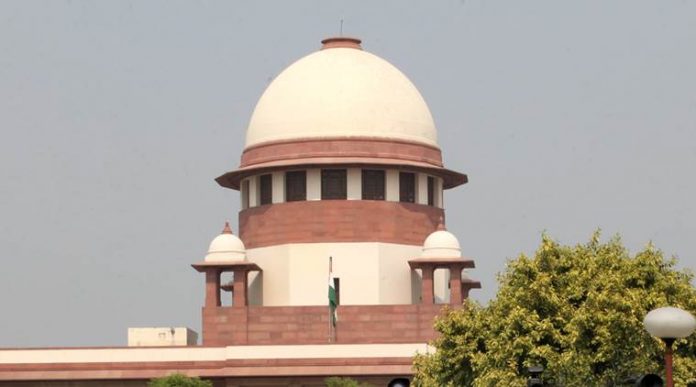Nilabathi Behra v. State of Orissa
BY LAWNN INTERN: ASHOK KUMAR LAKKARAJU
Citation: 1993 SCR (2) 581
Name of the judges: J.S Verma and Jagadish Saran
Facts:
The son (deceased) was taken by the Assistant Superintend off Police for the offence of threat. He was very brutally beaten but was still in the police station. The next day, “Suman Behra” (son) was found lying dead on the Railway tracks of the village. Mother of the deceased son had written a letter to the Supreme Court saying that, the death of her son was not caused by the train accident but by the cruelty of the police. Supreme Court considered this letter written by mother as a writ petition and had taken the case into their jurisdiction.
Issues:
Was it a Custodial death or not?
Does the Supreme Court have authority to consider the letter written by the mother as a writ petition?
Issues answered:
- S Verma has very appropriately pointed out to the contention of the police claiming that “the deceased ran off from the jail in the midnight and was hit by the train in the due process”.
He said, it was the duty of the state/police officers to keep the arrested person safe. By looking at the postmortem report of the deceased, the bruises and the fatal injuries were caused by the blunt objects and not by the dash of any train.
- As for the second issue, the article in itself has provided for the remedy. If there is any violation of Fundamental Rights under article 21 then there is no need of approaching of the High Courts. The bar is given in 32 clauses 1 of the Indian Constitution. When there is the disturbance of public peace and there is imbalance of justice.
Judgment:
Supreme Court had calculated the amount of salary (deceased) was receiving and had estimated the compensation to be paid by the state as 1,50,000 rupees to the deceased’s mother and 10,000 rupees to be paid to Supreme Court Aid Committee. It was also referred in this case that, a letter can also be taken as a writ petition.
The Court had given the decision that, Supreme Court is there to protect the interests of the public. Under the Article.226 and 32, the court had said that it can directly go to Supreme Court for asking the validity of the Fundamental Rights. If Fundamental Rights are violated, then the Supreme Court can take the matter directly into it’s cognizance. The Court had delivered the judgment in favor of Nilabathi Behra.
Sections that are involved in this case were:
- Article 32 and article 21 of the Indian Constitution.
- Article 226 which protect and safeguards the interests of the people in state. This was the article under which the compensation was made payable to the deceased’s mother (nilabathi behra).
Cases Referred:
Kasturilal v. State of Uttar Pradesh— this case has laid the principle that, the sate would be held liable if the state servants
Rudal Shah v. State of Bihar
Ashok Kumar Lakkaraju is an avid and sincere learner, researcher & writer and is currently pursuing B.A.LL.B at Damodaram Sanjivayya National Law University.





